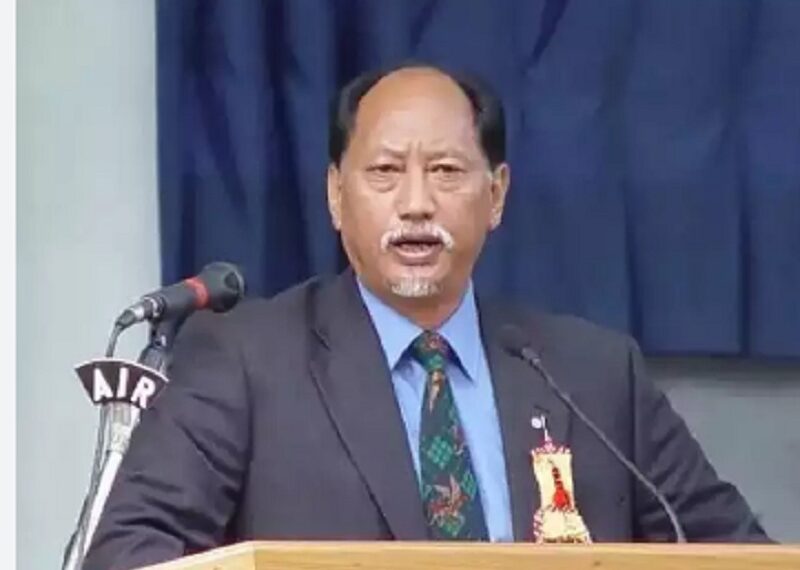Kohima: The Nagaland government has scheduled a high-level consultative meeting on April 30 to deliberate on critical issues including the Free Movement Regime (FMR) along the India-Myanmar border, the Protected Area Permit (PAP), and the enforcement of the Inner Line Permit (ILP), officials confirmed on Wednesday.
Convened by the State Home Department, the meeting will bring together top state leadership including Chief Minister Neiphiu Rio, Deputy Chief Ministers T.R. Zeliang and Yanthungo Patton, Assembly Speaker Sharingain Longkumer, Deputy Speaker, Cabinet Ministers, Members of Parliament, and all Members of the Legislative Assembly.
Senior government officials, advisors, and representatives from 27 civil society organizations will also participate.
Officials said the day-long deliberation aims to address growing concerns around the proposed scrapping of the FMR and border fencing plans along the India-Myanmar frontier—moves that have sparked widespread opposition in Nagaland and other northeastern states.
The Ministry of Home Affairs (MHA) last year announced plans to end the FMR, which currently allows residents along the border to travel up to 16 km into each other’s territory without a visa.
The MHA intends to replace the system with a pass-based scheme for residents living within 10 km on either side of the border, citing national security concerns.
Critics, however, argue that the move would disrupt age-old ethnic, social, cultural, and economic ties among Naga communities living across the international boundary.
The consultative meeting is also expected to review recent political developments in the state and strategies for maintaining peace and public order.
In a related move, an all-party delegation led by Chief Minister Rio is preparing to meet Union Home Minister Amit Shah in Delhi.
ALSO READ: Nepal postpones Class 12 exams amid nationwide teachers’ protest
The delegation will present the collective stance of the Nagaland Assembly, which unanimously resolved on March 7 to oppose the FMR’s cancellation and to convey the “sentiments and resentment” of the Naga people to the central government.
Nagaland, along with Mizoram, Manipur, and Arunachal Pradesh, shares a 1,643-km unfenced and porous border with Myanmar.
The Centre’s plan to erect fencing along this stretch—estimated at Rs. 31,000 crore—has also faced resistance from political and civil society groups, who fear it will further divide closely-knit trans-border communities and escalate regional tensions.















